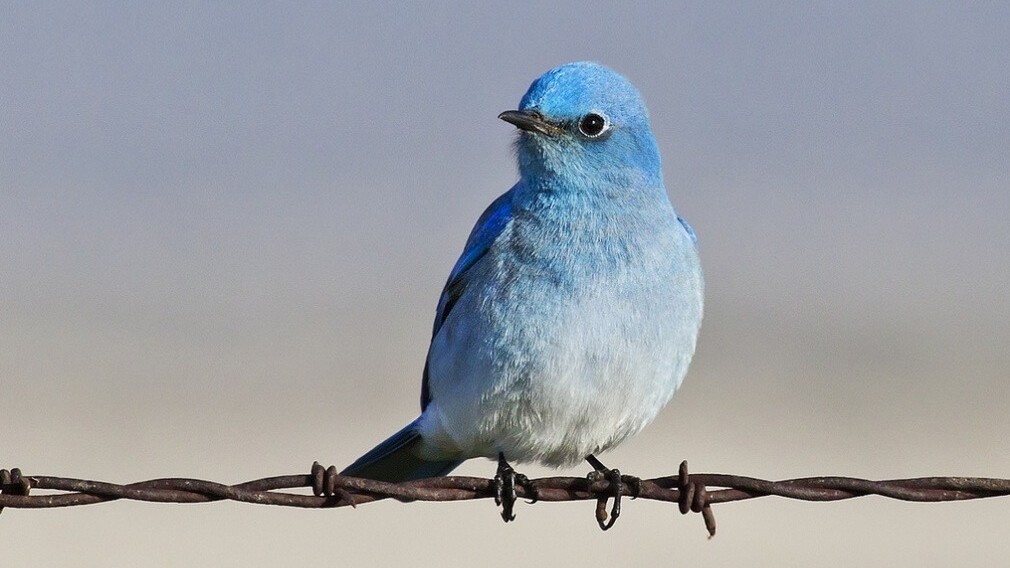
I was born in 1980, making me a part of the first ‘computer-native’ generation. I literally cannot remember an existence without computers as a part of daily life. Sure, they were rarer when I was young, especially for those without the access I had, but they were always around.
The next generational wave had cell phones, then the Internet, as their touchstone cultural signifiers. Now that I have a daughter, I’ve started thinking about what her defining experience will be, and I’ve come to the conclusion that it is not hardware or a sea-change invention like the Internet, but definitely one just as important: access to a real-time flow of information from around the world.
Having access to information was what made the world wide web such an important and integral part of our lives. But the speed at which that information flows, and how it is created, is what makes the real-time web different.
Twitter is an important development. The ability of individual users to pool their efforts to essentially document, minute by minute, every day on an Internet-connected planet Earth, is an amazing gift.
Like any service on the Internet, it’s used for things both scatological and sublime; righteous and ridiculous; poetic and pedantic. It’s a snapshot of humanity on a speed and scale that we’ve never known in the past. Twitter justified the real-time web and it made the case that it should be a part of all of our lives.
But, now that we know we need it, the real-time web has become too important to trust to Twitter.
For evidence, see its recent ambiguity towards third-party developers using its API to present Twitter in a ‘non-standard’ way. That standard being imposed by Twitter itself, in the best interests of its business and partnerships. Today’s reinstatement of journalist Guy Adams’ account after its unjustified ban a day ago is another marked milestone in Twitter’s existence so far. As Mat Honan points out at Wired, Twitter broke its own rules when it banned Adams, and may have even colluded with a sponsorship partner to do so. “It must stand by its “tweets will flow” stance in every case if it’s to demonstrate that it stands for principles,” Honan writes, “and not just marketing.”
Twitter must indeed make its position clear. If it wants to retain the users it has and continue to grow, it must take a stance. It is either a broadcast network for brands, which happens to host conversations of individuals, or it’s a platform for discussion in which brands can take part, just like the rest of us. I know which I’d prefer, but that’s up to Twitter to decide, and I’m pretty sure it’s already done so.
Truthfully, I don’t blame Twitter for making most of the calls it has. Aside from the very, very wrong blocking of Adams’ account, I don’t see anything ‘evil’ in the company’s actions. I really, really enjoy the service and I completely understand that it has to serve itself and its investors first. I also believe that the people at Twitter are looking to build something great and truly unique in its own way. I’m excited to see how it continues to grow, even with the internal schism that has driven a wedge between those who want it to be an information service and those who want it to be an engagement platform.
More power to Twitter, and I hope that its business continues to grow and thrive. But for us, those of us who understand the inherent power in the real-time flow of information, we need to plan a future where Twitter isn’t the only option.
As a free service, Twitter is beholden to its need to create a profitable product via advertising. This is a known quantity and lots of businesses do it (this one does). But there is a very real effect that this need is having on the service. It’s being molded into something that can maximize those profits and, in order to do so, it is moving further away from the pure information service roots where it began. Once again, not evil, just something inevitable.
So, if we’re going to build a future where we are able to keep that real-time artery of information unblocked and calciate free, we need to invest in it now.
That’s why, after reading about it and investigating it for a few weeks, I’ve decided to back Dalton Caldwell’s App.net. It’s a for-pay network that features the same basic information-service features of Twitter, without the ads and the external pressures that come from it.
It’s important to note that this service doesn’t yet exist. It’s in the process of being funded as we speak, and has only hit the $113K mark out of a $500K goal. Still, its tenets are clear-cut and support is growing. Even if the service fails to take off, it’s demonstrative of the need for another pipe outside of Twitter.
But, as of now, Caldwell and the team are making an effort to do something. And that’s an important step. There have been other free real-time services in the past, but they have failed to gain traction either through fluke or by not being able to make the tough decisions that Twitter has. 
App.net, as a paid service, is a fundamentally different endeavor. It gives the user equity in the pipe, a voice that is backed not by a general sense of entitlement, but a real stake as a paying customer. The project also has some interesting ideas about how to not only leverage, but foster a third-party developer network using the API.
Perhaps it will crash and burn. Maybe it will never even get funded. If it doesn’t catch hold, hopefully another contender will step into its place. But the importance is in the effort. Twitter is great and, hopefully, it will grow into an even better product that makes us happy to use it.
But the real-time web is the future, and It’s time we make sure that it isn’t dominated by a single option.
Image Credit: Bill Bouton
Get the TNW newsletter
Get the most important tech news in your inbox each week.






